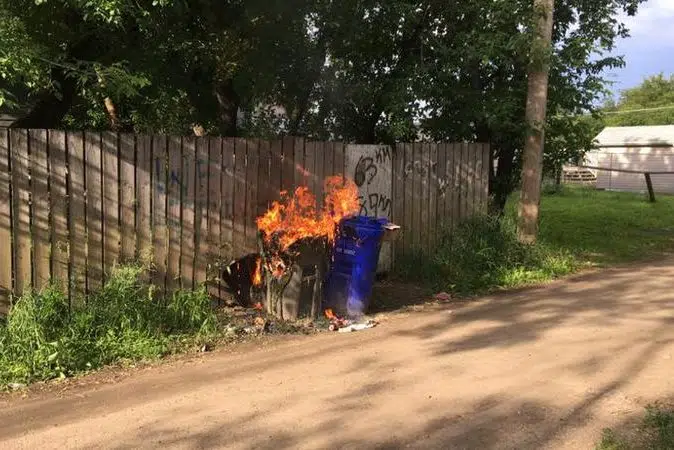By Alison Sandstrom, paNOW
Prince Albert city council will study the possibility of a new bylaw prohibiting access to public back alleys and walkways at night. The proposed measure, aimed at combating crime, would allow police to stop, search and request identification from anyone found in these areas after curfew, similar to the bylaw currently in force in P.A. parks.
While the idea received wide spread support by council, there are logistical and legal concerns, and one councillor said it could contribute to racism in the city.
The proposal comes amidst concerns from the public about rampant property theft in the city.
Bylaws to help police
“People are saying to us, ‘What are you doing about it?’ and I’m saying ‘I’m not a police officer, I’m not the chief of police,'” Councillor Ted Zurakowski said during a discussion on the matter at Monday’s regular council meeting. “We have no power and very little influence when it comes to policing. There’s a stone wall when it comes to police and the elected, so what can we do. We can create bylaws that at least will make our citizens feel safer.”
“[The bylaw] gives the police increased authority to stop people and say ‘What are you doing here, can I see your ID?’ otherwise they just laugh at them, they laugh at the police and take off,” Zurakowski said.
Concerns of racism
Zurakowski’s idea received support from most of his colleagues, including the mayor, but Coun. Terra Lennox-Zepp said she’s worried it would lead to racial profiling and an erosion of trust between marginalized communities and the police.
“There is a lot of racism in the city of Prince Albert, let’s call a spade a spade,” she said.
She questioned if there was evidence that a curfew in back alleys and walkways would reduce crime.
“What I’m hearing instead is it may offer the police an opportunity to do carding which is very different. Carding or profiling people is not allowed in many municipalities because it contributes to racism,” she said.
Lennox-Zepp also raised questions about the potential for police to be able stop someone who is walking lawfully in a public area.
Adding to the debate, Coun. Dennis Ogrodnick said if people are not breaking the law, they would have nothing to fear from the potential bylaw.
“If you have a backpack and you have all this other stuff, I mean it’s obvious what you’re doing, it’s not rocket science and I am not going to defend a criminal or a potential criminal,” he said.
While he agreed with some of Lennox-Zepp’s points, he said residents need assurance that measures are being taken to stop property theft.
“My mom, she’s a 92-year-old woman living in midtown. It concerns me for her safety,” he said.
A bylaw restricting access to public back alleys and walkways poses significant logistical concerns, including those of residents who use alleys to access their property.
Lennox-Zepp said the required exceptions are problematic.
“Restricting movement of certain people is something I think we need to be thinking strongly through,” she said.
Signage and legalities
Mayor Greg Dionne said he has been discussing the potential bylaw with the police commission, who had informed him that, for legal reasons, the entrance to each back alley and walkway would have to be sign-posted like parks are.
Councillors acknowledged there would be a significant cost to equipping each back alley with two signs, but that residents would likely be willing to cover the cost.
“I’m not worried about the cost of the signage I think residents will even offer to nail it to their garages themselves,” Coun. Evert Botha said.
Council will be discussing the potential bylaw at a future date.







